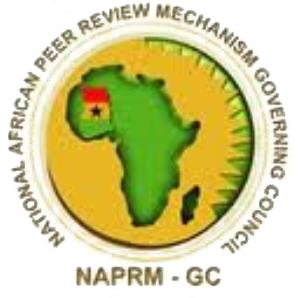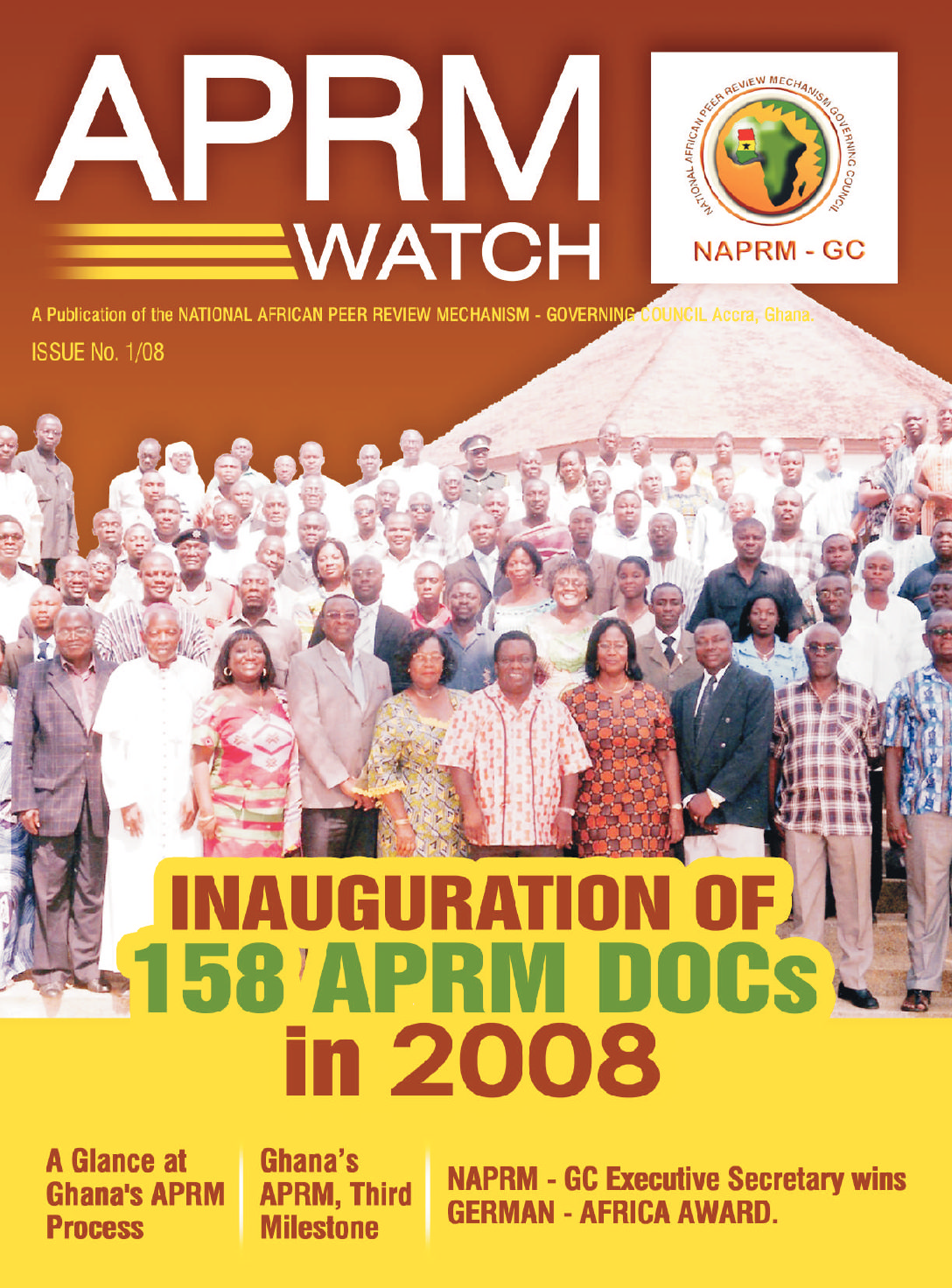The Executive Secretary of the National African Peer Review Mechanism-Governing Council, Dr Francis Appiah has ended a working visit to Germany, Canada, and the United States of America. It was at the invitation of Development Partners and Institutions which have noticed the progress made by Ghana in the implementation of the APRM.
In an interview with Cornelia Amoah, Public Affairs Officer of NAPRM-GC Secretariat, Dr. Appiah spoke about a number of developments on the visit including the establishment of a Centre of Excellence in Ghana, for the implementation of the APRM.
Question. Welcome back home Dr. Appiah. You visited Germany, the United States of America and Canada in the name of NAPRM-GC. Will people not begin to raise questions about Africa’s ownership and management of the APRM when you involve development partners?
Answer. You are right. The APRM is certainly an African programme which will forever be owned and managed by Africans, but Africa is part of the global world and cannot live in isolation. It will interest you to know that it is the gradual shift of the international media from the negative reporting on Africa to some positive news on Africa that led to my visit to Germany, USA and Canada. Here, the contribution of the Hanns Seidel Foundation and that of Prof. Alan Granbois of the University of Quebec at Montréal cannot go unmentioned. The two did independent observation and monitoring throughout the country and concluded that the ARPM process has brought significant changes to Ghana and needs to be supported to benefit the rest of the sub-region.
Question. Which are the specific institutions involved in the promotion of the APRM in the Western World?
Answer. In Germany, it is the Hanns Seidal Foundation, KFW (Germany Development Bank), and the University of Bayreuth in Bavaria. In Canada, it is the University of Quebec at Montreal, the Canadian International Development Agency-CIDA, and the International Research for Development Co- operation, IRDC.
In the USA, it is the World Bank. The interest of these bodies is the recognition that Ghana as a pacesetter in the ARPM process is charting a new direction of change and renewal of the minds of the people in governance. They believe it is exemplary and the rest of the sub- region and the continent have to benefit from Ghana’s experiences.
Question. A significant goal of the interested parties is the establishment of a sub-regional Center of Excellence for the APRM in Ghana. Let’s talk about that?
Answer. The sub-regional Centre of Excellence for the APRM to be established in Ghana, will take the form of a knowledge-based organization which will assist first in strengthening the capacities of national APRM Governing Councils and Commissions including documentation and ICT. Second, support grass root activities of the Councils, for example, Ghana’s District Oversight Committees. Third, promote civic education. Fourth, mainstream the Universities into APRM activities through research and staff development. The project entails a cross-national exchange of best practices and lessons to foster good governance in the entire sub-region. It also seeks to enhance international collaboration and research between the West African sub-region, Germany and Canada.
Question. Dr Appiah, who will provide funds for the project?
Answer. Hanns Seidel has put in some seed money for project preparation. The German Development Bank, the states of Bavaria Quebec, the University of Quebec at Montreal, the International Research For Development Co-operation in Ottawa, Canada which has already pledged $600,000. CIDA and the World Bank have also shown interest of support.
Question. Is Africa contributing something?
Answer. Yes, Africa’s contribution to the project is the financing of the implementation of the APRM process in their individual countries. This is already an on-going activity.
Question. It’s not every country that has been peer review to go through implementation so how will this be
worked out?
Answer. It is not every country that has been reviewed and indeed, member-countries are at different stages of review. Ghana and the countries peer reviewed have offered to guide them with their experiences until they eventually complete the process to come on board.
A major impetus for the establishment of the Centre of Excellence is that Ghana has been assisting Benin, Burkina Faso and Mali but informally. It is the recognition of this informal collaboration that brought in the external partners. They think that the collaboration should be formalized so that with time it will generate blueprints and templates for the entire APRM process on the continent.
Question. When will the project take off?
Answer. A conference will be held in Canada in September 2008 to discuss the modalities and in December another conference will be held in Benin to finalize discussions for the project to take off in early 2009.
Question. How do African leaders feel about these developments?
Answer. They are happy that the international community which was initially skeptical about Africa’s commitment to the APRM now sees results. The APRM is an instrument of change to improve the quality of life of the people of Africa. It has brought about inter- country co-operation and will eventually foster regional co-operation and integration. It is the hope of the APRM that these bright stars will help to change the stereotyped image in the West and in the Media that Africa is allergic to change. No! Africa is not. It is already on a journey of change for a brighter tomorrow.
Dr. Francis Appiah was interviewed by Cornelia Amoah

 newsletter-compressed
newsletter-compressed